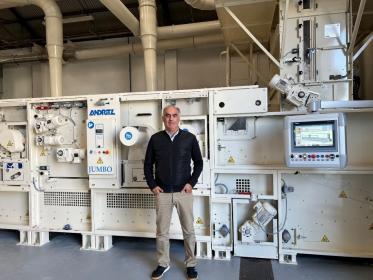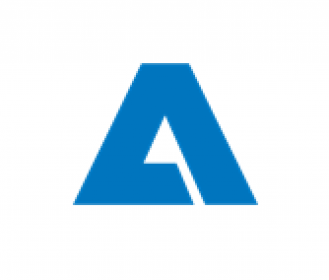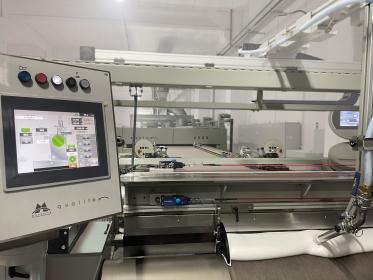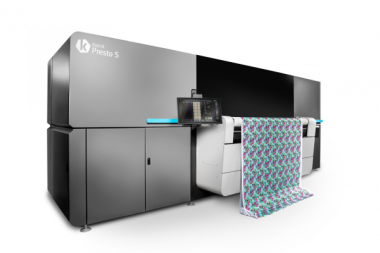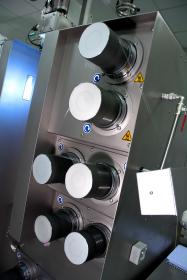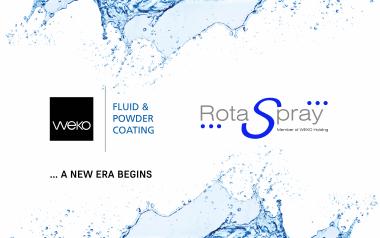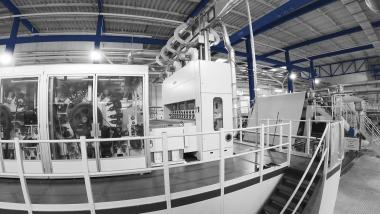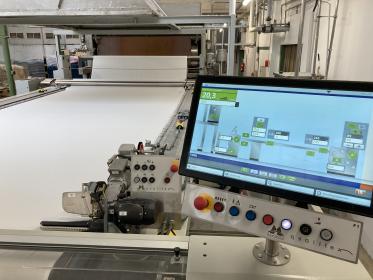RINCO ULTRASONICS continues to grow - new foundation RINCO Morocco
Morocco has created an optimal basis for companies with the introduction of the duty-free zone. RINCO ULTRASONICS will take advantage of this opportunity and strengthen its own position in the Moroccan market by establishing RINCO Morocco. RINCO Morocco will act as a center for the African continent. The automotive industry as well as the textile industry are particularly well represented locally.
RINCO ULTRASONICS AG, headquartered in Romanshorn, Switzerland, has specialized in the development and manufacture of ultrasonic welding machines and ultrasonic cutting systems since its founding in 1976. RINCO products are used for reliable welding of plastic parts as well as for cutting food and synthetic textiles.
Rinco Ultrasonics AG






